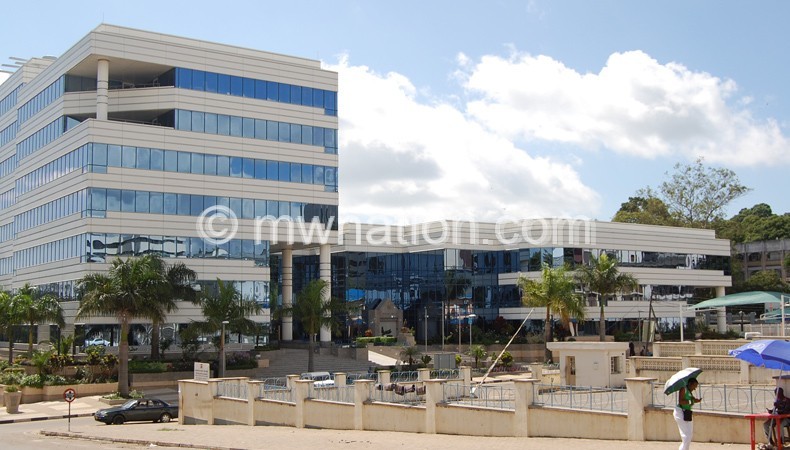RBM managing forex demand
The Reserve Bank of Malawi (RBM) says it is managing the huge demand for foreign exchange at a time tobacco dollars continue to trickle in.
RBM spokesperson Mbane Ngwira said in an interview yesterday that in recent weeks, there has been an upsurge in demand for foreign exchange, largely emanating from front loading of future payments.

This, he said, has put the kwacha under extreme pressure.
“We have seen an upsurge in demand for foreign exchange and we believe it is coming from front loading of future payments. But it is a demand that we are managing to contain.
“This may also imply that going forward, demand may be lower as most imports would have been paid for already,” he said.
An analysis by Alliance Capital Limited indicates that in the past two weeks up to yesterday, the local unit has slightly shed 0.8 percent to K745 mid-rate from around K739.
At the start of the Tobacco Marketing Season in mid-April this year, the kwacha was trading at around K738 against the dollar.
On the other hand, gross official foreign exchange reserves were recorded at $760.7 million (about K562 billion) or 3.6 months of imports, which is higher than $663.2 million (about K490 billion) or 3.2 months of import cover) recorded in March 2018.
As of yesterday, gross official reserves stood at $766.1 million (about K566 billion) or 3.7 months of import cover, according to figures from RBM.
Commenting on the trend, Alliance Capital Limited research manager Bond Mtembekeza said the kwacha is bound to strengthen by proceeds from tobacco sales.
He said: “Actually, the kwacha has lost ground over the last two weeks largely attributed to demand pressures that have been brought about by market speculation in the wake of the elections.
“But that should not be cause for worry as we expect the market to correct itself soon. We have healthy reserves and the tobacco marketing season is still going on,” he said.
Market analyst Cosmas Chigwe said there has been notable improvement in terms of supply, as such, the local unit is expected to gain though marginally.
“So far, the impact of tobacco dollars is still yet to be felt this year. It usually takes a long time,” he said.
Since the opening of the 2019 Tobacco Marketing Season on April 25 2019, the country has sold 27.8 million kilogrammes (kg) of tobacco, which is lower than 39.8 million kg sold during the same period last year.
Earnings have, so far, reached to $37.7 million (about K27 billion), which is 39 percent lower than what was realised during the first five weeks of sales last season.
Last month, African Development Bank (AfDB) warned that the country’s local unit may depreciate by about five percent, partly because of expected large current account deficits.





